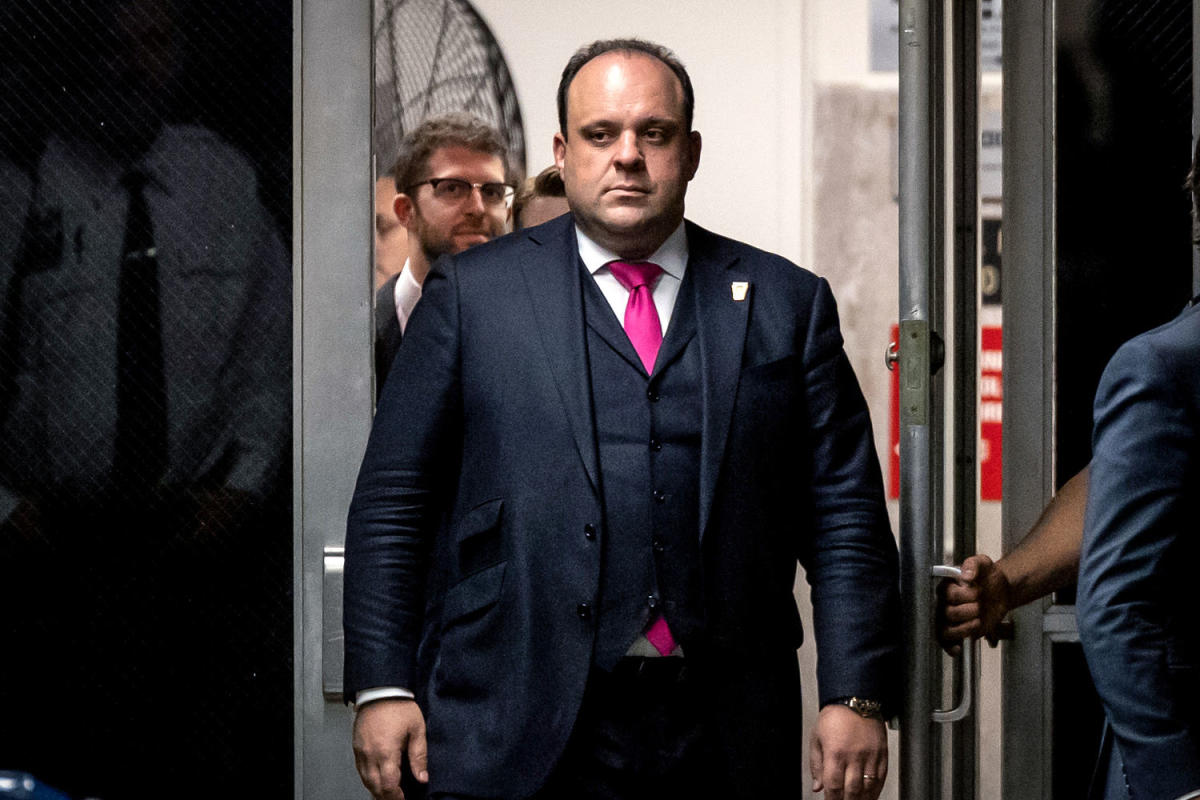By Nelson Renteria
SAN SALVADOR (Reuters) – The president of El Salvador Nayib Bukele will be inaugurated for a second term on Saturday as his sky-high rating for a tough crackdown on crime faces new challenges to revive a stagnant economy and tackle poverty in the Central American country.
The 42-year-old former nightclub manager, who was re-elected in a landslide victory with more than 80% of the vote in February, will be sworn in for another five years following a court decision that paved the way for his re-election, even though the Constitution of the country forbids this.
Saturday’s swearing-in ceremony in the capital San Salvador is taking place amid security concerns after police said they had thwarted a bomb threat.
Seven people have been arrested for plotting to detonate explosives at locations across the country, police said Thursday, adding that the suspects were part of the so-called Salvadoran Insurrection Brigade.
Among those expected to attend the ceremony are Argentina’s libertarian president, Javier Milei Donald Trump Jr, the son of former US President Donald Trump, who arrived in El Salvador on Friday. Earlier this week, his father became the first former US president to be convicted of a crime.
Bukele won re-election in February after gaining enormous popularity in his first term for transforming security in the country of 6.3 million that was once one of the most dangerous in the world.
Authorities under his watch have suspended civil liberties to arrest more than 80,000 Salvadorans without charge, drawing criticism from human rights groups but earning him a dedicated following both at home and across the region for bringing security to the streets.
With neighborhoods safer, public concern is now focused on the economy, which will likely be Bukele’s biggest challenge in his second term. More than a quarter of Salvadorans live in poverty and unemployment is rising.
The president’s much-discussed plans for Bitcoin City, a tax-free crypto haven powered by geothermal energy from a volcano, have failed to gain momentum and private investment has plummeted. Under Bukele’s leadership, El Salvador’s national debt has now skyrocketed to more than $30 billion, or 84% of GDP.
Economists said the government faced a difficult balancing act to reduce the national debt without cutting much-needed social benefits for the country’s poorest. “They could ultimately create a critical situation for women and households in rural areas,” said San Salvador economist Julia Evelyn Martínez.
(Reporting by Nelson Renteria. Writing by Lucinda Elliott; Editing by Diane Craft)







